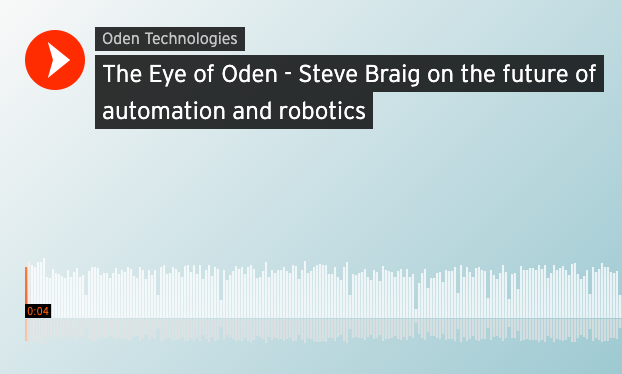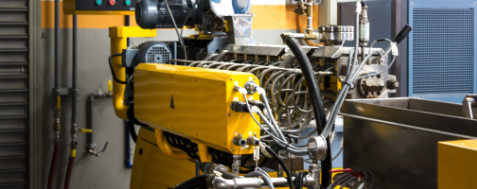The evolution of modern equipment manufacturing – what’s next?
The modern manufacturing industry has experienced several incremental operational improvements over the last 50 years. We were introduced to W. Eduards Deming’s statistical quality management and TQM, followed by lean initiatives and Value Stream Assessment. We’ve experienced the rise of robotics and pervasive computer technology.
But none of these technologies have been as transformative as the digital revolution of the recent decade. We’ve entered the era of Machine Learning and Artificial Intelligence being applied on the factory floor, the era of Industry 4.0.
The term ‘Industry 4.0’ is typically interpreted liberally and despite being around for some time still causes quite a bit of confusion among manufacturers.
Originally an initiative by the German government with the objective of enhancing competitiveness of German industry and machinery manufacturers specifically, it’s been broadly adopted by machinery manufactures. It provided a standardized control interface and communication protocol, mostly OPC UA and specifically in the plastics industry – Euromap standards. This development fashioned different equipment with the ability to communicate and exchange data.
While the ability to collect and review production data is transformational, it’s just the beginning of this manufacturing revolution. The next step? It’s developing Machine Learning and AI capabilities that will provide meaningful and actionable insights into making products at the highest possible throughput, with the highest possible quality and yields, and the most economical material usage.
Oden is already ahead of this curve, and offers manufacturers the ability to predict the dimensions, quality, throughput, material usage on an extrusion line 5 minutes into the future. The Oden platform can alert manufacturers about undesirable, suboptimal process conditions and tell the user on how to adjust processing parameters. Besides the obvious operational cost benefits, this also aids the experienced workforce shortage problem, by providing less experienced shop floor personnel the ability to perform at the highest level.
Oden’s analytics infrastructure also has tremendous benefits for machinery manufacturers. Predictive analytics can be applied in monitoring critical components and sub systems of production equipment, leading to truly predictive maintenance alerts and the ability to predict when components will fail. This will enable machinery manufacturers to effectively eliminate unplanned downtime for their customers and offer post-sales real-time equipment monitoring service
Finally, Oden’s analytics platform can integrate and support existing manufacturing production data that is tied to inventory logistics through ERP and MES solution.


